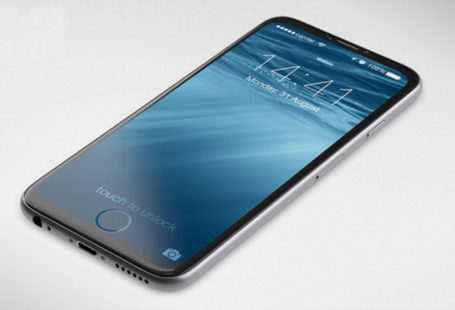Several Windows 10 users require sending information back to Microsoft to take advantage of those services and improve them. Cortana and Web Search works best because of that tracking, but privacy doubts arise. You can disable most of that tracking in Windows 10 Settings, but not all of it.
Peter Bright writes:
We’ve argued recently that operating systems will continue to make privacy-functionality trade-offs. For many users, perhaps even the majority, these trade-offs will be worthwhile; services such as Cortana (Siri, Google Now), cloud syncing of files, passwords, and settings, and many other modern operating system features are all valuable, and many will feel that the loss of privacy is an acceptable price to pay. But the flip side of this is that disabling these services for those who don’t want to use them should really disable them. And it’s not at all clear that Windows 10 is doing that right now.
The problem started because Microsoft enables these tracking features by default. And now even disabling them doesn’t stop some of the tracking (inocuous, but suspicious). Not a good way to launch a new Operating System. And I’m a Windows 10 supporter in many other areas, but this is not fair for users.
Source: Even when told not to, Windows 10 just can’t stop talking to Microsoft | Ars Technica UK


